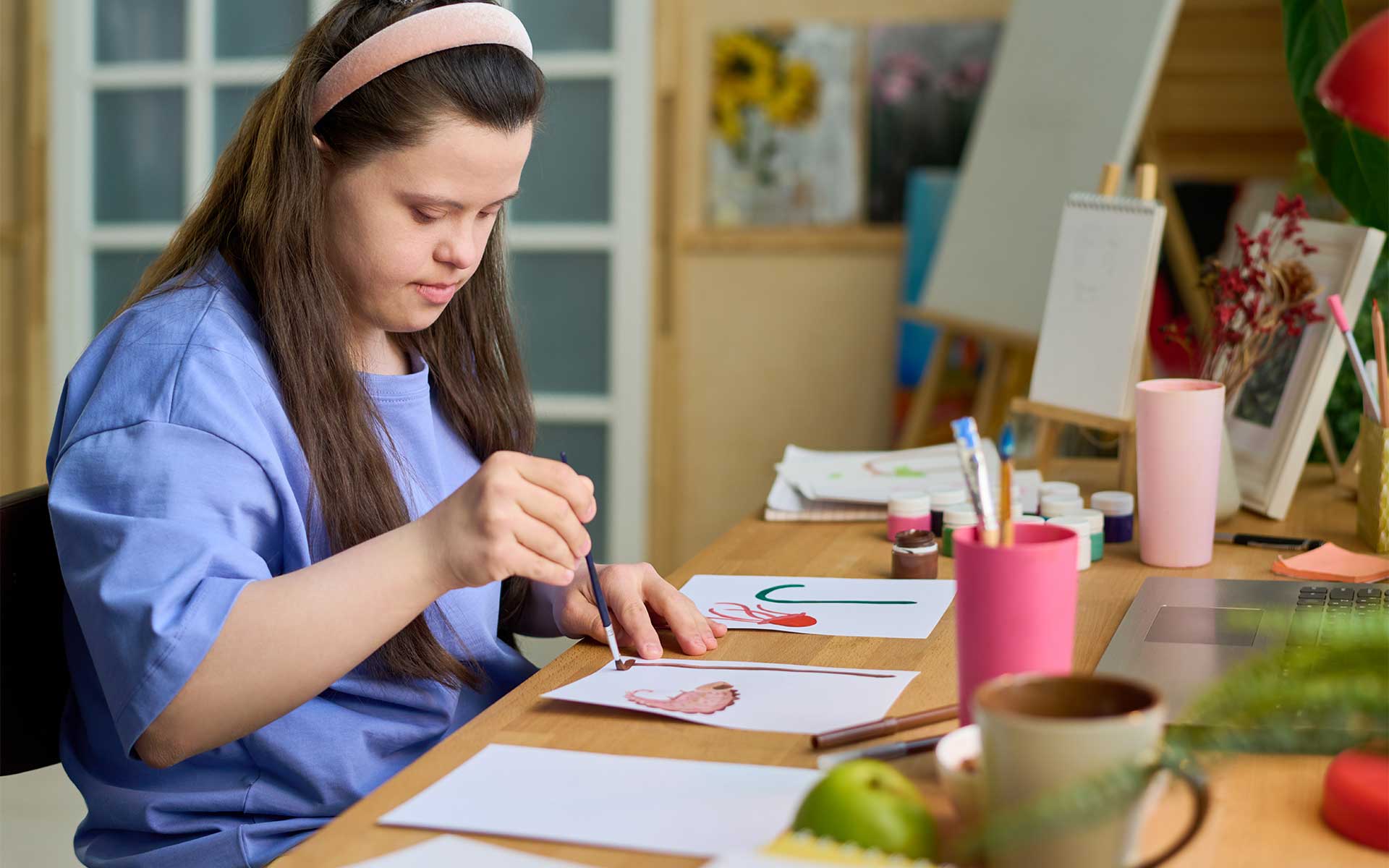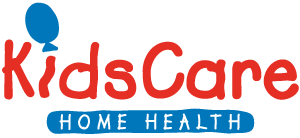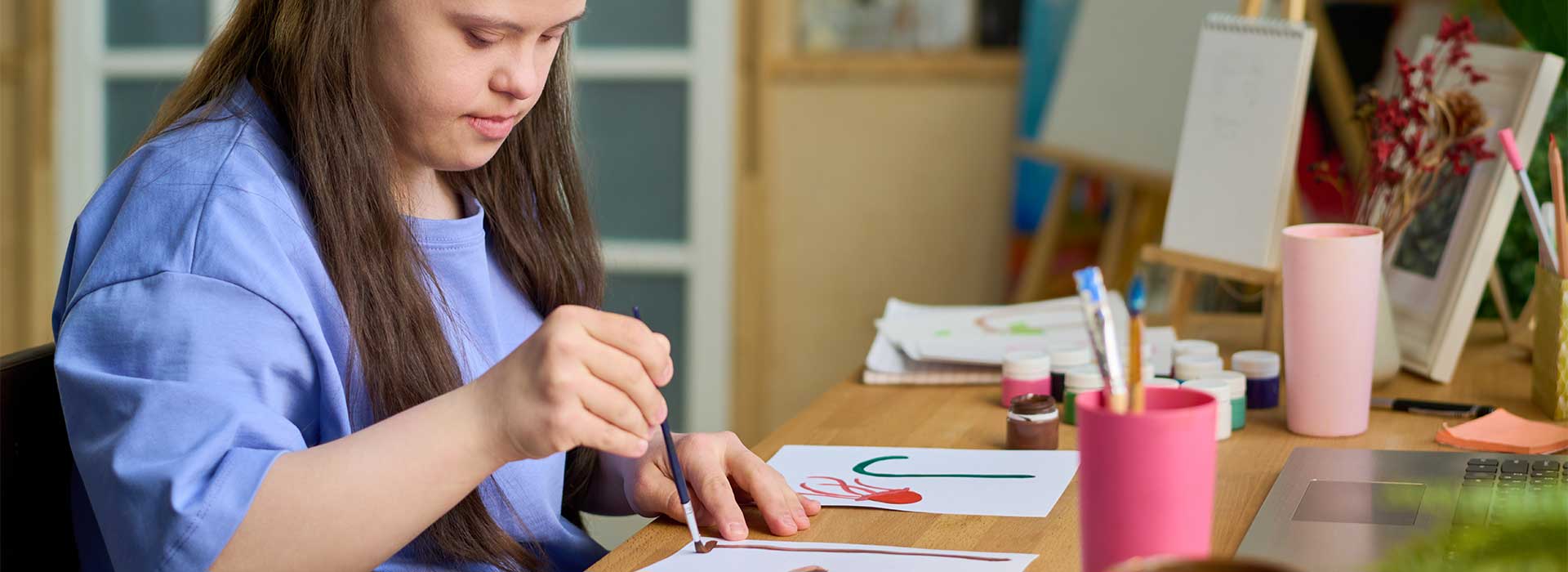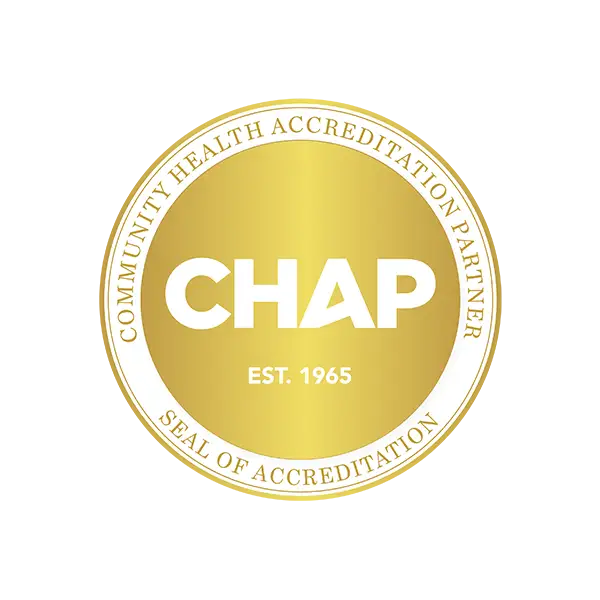
About 15% of the world’s population lives with a disability, which in 2023 amounts to over one billion people. Given this staggering number, it’s more important than ever to raise awareness around National Developmental Disability Awareness Month, which is nationally observed every year throughout the month of March.
Developmental disabilities affect an individual’s growth and/or cognition and include disabilities such as cerebral palsy, autism, muscular dystrophy, down syndrome, or fetal alcohol spectrum disorder. As of 2017, approximately one in six children was identified to have some type of developmental disability. However, despite the limitations presented by these disabilities, those living with intellectual and developmental disabilities (I.D.D.) can live normal lives when afforded the proper support.
However, in a country where equal opportunity is heralded as a fundamental right for all, those living with disabilities have been historically underserved. Fortunately, our country’s leadership recognized the need for awareness to effect change in the late 20th century when President Kennedy convened a Presidential Panel to focus on the needs of people with I.D.D. by spotlighting their systematic exclusion from education, employment, and community participation.
This movement toward inclusivity achieved another milestone in 1984 with the Developmental Disabilities Assistance and Bill of Rights Act (DD Act), which served to empower individuals with developmental disabilities and their families to help shape impactful policies designed to help individuals “achieve their maximum through increased independence, productivity, and integration into the community.” A few short years later, President Reagan established March as National Developmental Disability Awareness Month.
Finally, in 1990, the Americans with Disabilities Act (ADA) was signed into law, which prohibited discrimination against people with disabilities in public life. This legislation served to create more interdependence, inclusion, and recognition for this community and paved the way for many positive changes over the next three decades. To this day, the A.D.A. continues to support and advocate for the affirmation of individual dignity, person-centered goals, and multicultural focus inclusive of individual and family participation.
How to Observe National Developmental Disabilities Awareness Month?
March is developmental disabilities awareness month, and we invite you to help spread the word and increase awareness around the challenges those living with I.D.D face. Throughout the month, there are many ways to support this movement to help further education about how people with and without disabilities can come together to form strong, diverse, and inclusive communities.
Social Sharing
Social media is an excellent way to spotlight this community. Help amplify the importance of national developmental disabilities month by sharing articles and information on your socials in support.
Wear Orange
Orange is the official color of Developmental Disabilities Awareness Month. Representing energy and positivity, wearing orange is an easy way to show support throughout the month of March.
Donations
Donating to causes for disability awareness and/or supporting events that raise understanding of developmental disabilities are highly effective ways to help those living with I.D.D. reach their goals and achieve their fullest potential.
KidsCare Home Health is a pediatric home health agency serving children with special needs nationwide. Since 2003, we have been committed to changing lives through our foundation of C.A.R.E.
Show your support for National Developmental Disabilities Month by SHARING this post today!
















